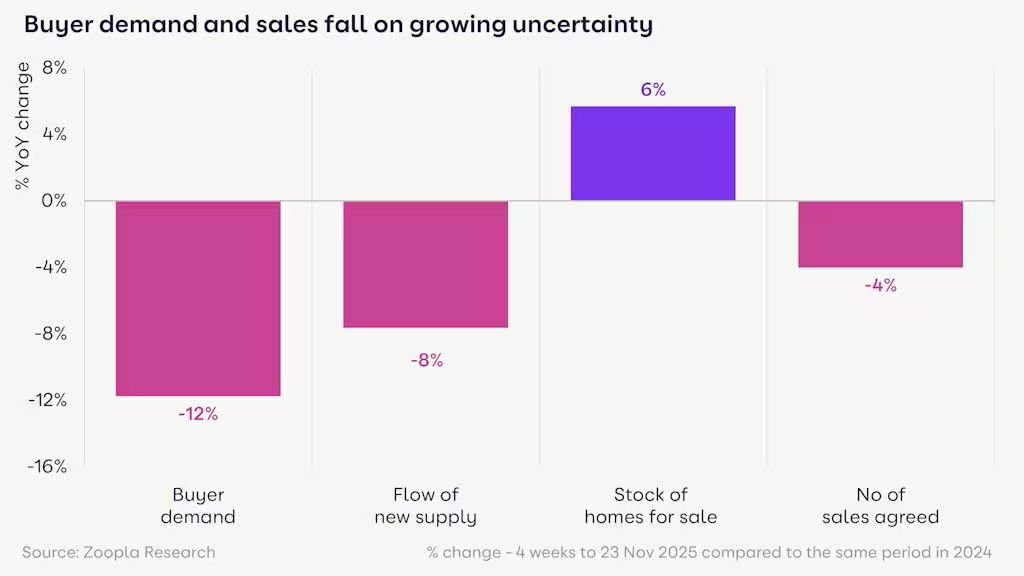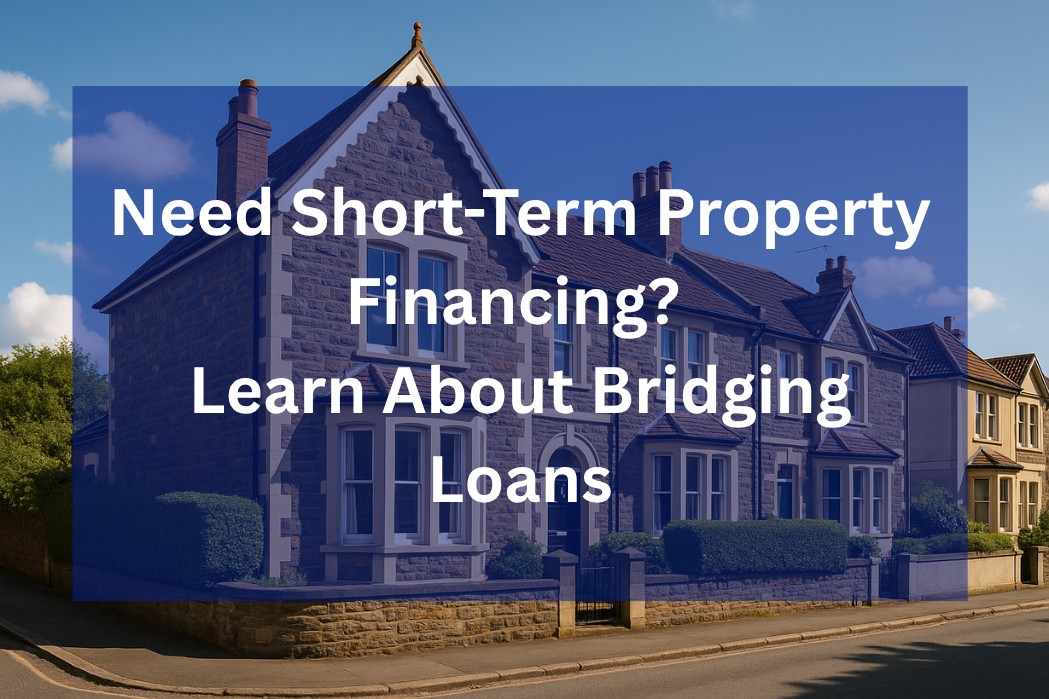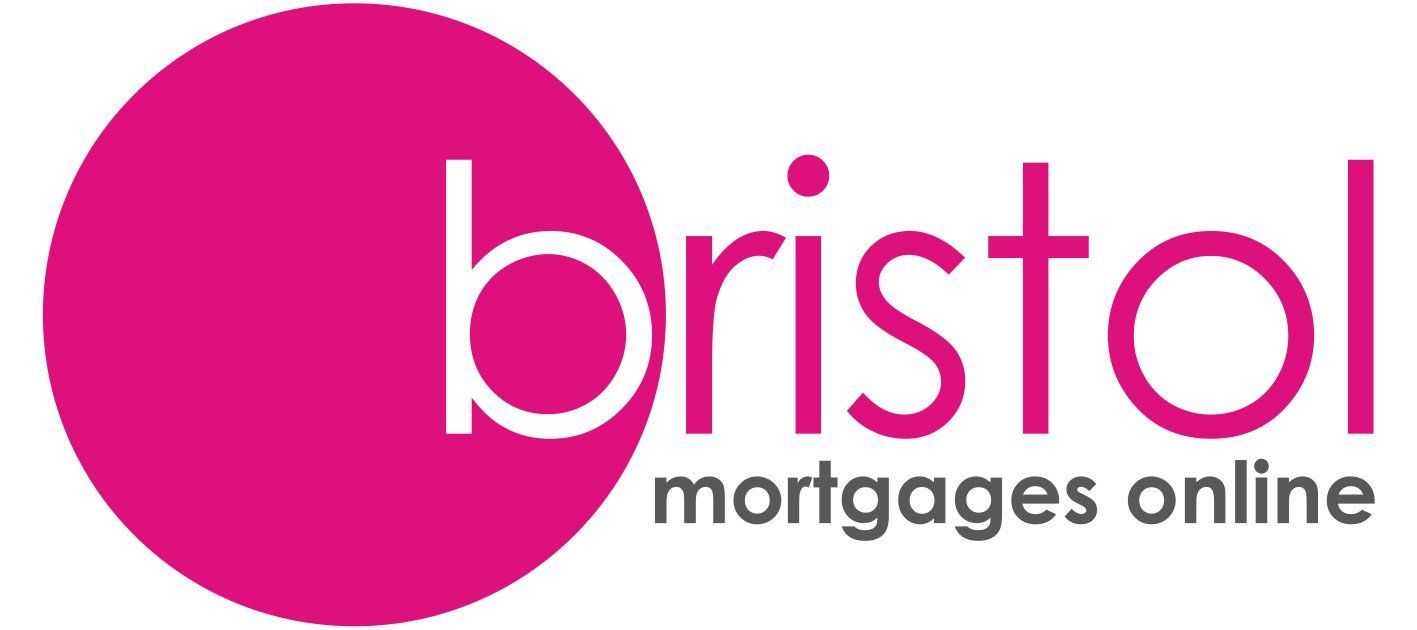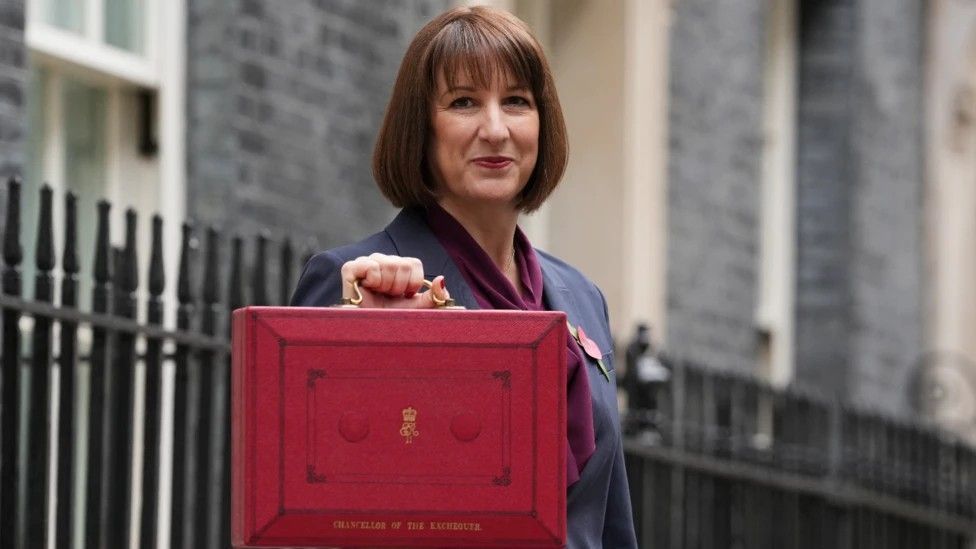What is a Joint Borrower Sole Proprietor Mortgage?

Here at Bristol, Bath and Exeter Mortgages Online, we are often asked about Guarantor Mortgages. Many lenders do not offer Guarantor Mortgages, but a more commonly available option is a Joint Borrower Sole Proprietor Mortgage. Often referred to as a JBSP mortgage, a joint borrower sole proprietor mortgage allows a parent (or family member) to contribute to their son or daughter’s mortgage without being a co-owner.
As a way for young people to get on the property ladder, a joint borrower sole proprietor mortgage ticks plenty of boxes. It gives the young homebuyer a feeling of independence and ownership. The JBSP is flexible too, so parent contributions can reduce over time until the son or daughter are able to cover all mortgage payments themselves.
If you are a young person building your career and starting on a modest salary, a JBSP mortgage could not only help you get on the property ladder in your own right, but enable you to buy a bigger place in a more desirable location. Without the additional help from a ‘joint borrower’ this might be totally unfeasible.
What’s the difference between a joint mortgage and a JBSP mortgage?
With a joint mortgage you borrow money to buy a home with someone else, like your partner, friend or a relative. Both parties are liable for the mortgage payments so if one is unable to pay their share for whatever reason, the other must cover. Importantly, both have a legal claim to ownership of the property.
With a JBSP mortgage, the other person (typically a parent) accepts joint responsibility for making mortgage payments but has no legal claim to the property.
The ownership is an important factor. It is true joint mortgages and JBSP deals both allow parents and children to club together to get a mortgage. However, with the JPSB only the son or daughter’s name will be on the property’s deeds, meaning the parent will be able to avoid any stamp duty surcharge. (This is because an additional 3% stamp duty charge is levied on second properties).
What’s the difference between a guarantor mortgage and a JBSP mortgage?
Unlike the JBSP where a parent agrees to contribute to the mortgage payments from the start; with a guarantor mortgage, the guarantor (parent) only becomes liable for the debt if the son or daughter can no longer make the payments. A guarantor mortgage is also secured against the Guarantor’s own property.They will be liable for their son or daughter’s debts if they fall into arrears but will have no legal ownership of the property.
Pros and cons of Joint Borrower Sole Proprietor mortgages
We have already looked at some of the benefits of JBSP mortgages – specifically with regards to first time home buyers. It is increasingly hard for those looking to get onto the property ladder to save up sufficient deposit to buy a home. There are fewer 90 and 95% mortgages on offer in the current climate, so trying to find a 15-20% plus deposit is quite an ask – especially when you consider the average house price in March 2022 across the UK was £278,000 with regional variations.
JBSP mortgages still require the buyer to put up a deposit, which varies from deal to deal. But the parent can help towards this deposit and then make contributions to the monthly repayments. Parents’ or family members’ higher salaries can be used to support lower incomes, without co-owning the property or having to pay additional stamp duty.
Example Scenario Here is an example of when a JBSP might be a suitable option for a first- time buyer.
Let’s say you want to buy your own place. You have a 10% deposit of £25,000 and you have your eye on an apartment worth £250k. This means you need a mortgage of £225k. Your current salary is £30,000, so even if you go to a lender offering a borrowing maximum of 4.5 times your income, the most you could borrow would be £135,000 – still some way short of what you need. However, if a second borrower (your parent) is added to the mortgage application and their regular salary is £60,000 a year - the combined income would be £90k a year. On the same 4.5 times salary basis – they could be considered for borrowing up to £405,000. This means you, the buyer and sole owner, have much greater flexibility on the amount you can spend on your new home.
The ideal scenario following on from this would be that you would buy your home and the parent would gradually reduce their financial input as your salary increases. This provides those supporting the mortgage with a smooth and simple exit strategy - at least that is the theory anyway.
Joint borrower sole proprietor mortgage lenders
One of the downsides to JBSP is that it is still a pretty niche product so there are not (as yet) that many lenders offering such products. This may change over time, but choice is currently quite limited. Lenders in this market are sometimes strict on their age criteria for those supporting the home buyer. Older parents may find it harder to get approval from a lender.
Risk associated with JBSP mortgages
There is still a financial risk too. If the homeowner defaults on the monthly payments, the non-owning party whose name is on the mortgage is still liable for the repayments. Problems can also arise if the relationship between parent and child breaks down. It might prove difficult for the non-legal owner to extricate themselves from the mortgage contract. The son/daughter who is the lawful owner may not be in a position to take the payments on solo – which could mean a protracted and expensive legal battle.
Income prospects
Just because the non-owning party has plenty of funds to contribute towards the mortgage does not mean the lender will automatically approve a JBSP mortgage. In most instances the lender will want to be satisfied that the owner will in the foreseeable future be able make the repayments themself. The owner will need to demonstrate a strong likelihood that their income will increase steadily over time – if they fail to convince, the lender may reject the application.
Changing circumstances
Even over a short 5-year period a lot could change which could impact on the suitability of the JBSP arrangement. For instance, if you as the sole owner are now in a relationship or marriage and share the home with someone else. The other party may want to contribute to the mortgage and have their name on the deeds. Alternatively, the non-owning party of the JBSP mortgage (the parent/family member), may want to buy a property themselves. A JBSP mortgage may hinder their ability to borrow what they need. They will need to convince the lender that they have sufficient funds to cover the costs of both mortgages. These changing circumstances do not necessarily create major problems, but they are things to be aware of.
How JBSP mortgages work
A JBSP mortgage typically allows for up to 4 people to be assessed for a single mortgage on a property (this number can vary depending on the mortgage provider). The lender will take note of each party’s income but will only formally consider two incomes. The other people’s incomes can be used to provide a back-up financial guarantee.
JBSP mortgages are usually associated with parent and family members supporting a young buyer, however with some lenders there are no restrictions around the relationship between the main borrower and the supporting borrower (known as the non-proprietor). Typically, the main borrower must reside in the property and the supporting borrowers must not reside in the property. The lender will accept a gifted deposit from an immediate family relative if it is needed
The maximum age at the end of a JBSP mortgage term could be as high as 80, though some lenders set different/lower limits much closer to retirement age. Therefore, this will affect the length of the mortgage term. e.g. if a parent is 62 years old the maximum period of the mortgage will be 18 years and the repayments will reflect this accordingly.
Some lenders will accept applications from the self-employed and those with low credit scores or no credit history at all– suitability is assessed on a case-by-case basis. If you are a college leaver or starting your first job and have lived at home until now – it is quite conceivable that you have little or no credit history. In such cases, adding someone with good credit can help secure mortgage approval
You are not restricted on the type of residential property you want to buy. Whereas government equity loan schemes such as Help to Buy, are specifically tied to new build, with a JBSP mortgage you can purchase whatever home you want
In general rates offered on JBSP mortgages are generally no different when compared to standard sole applicant mortgages. While there are a limited number of lenders offering these products right now, it is important to shop around and also compare against other options such as guarantor mortgages or first-time buyer mortgages
Taking sole responsibility
The concept behind JBSP mortgages is to help someone get on the property ladder – who would otherwise struggle on their current income and savings. But the financial help offered by the joint borrower (family member) is not meant to be indefinite. The legal owner is expected to take responsibility for mortgage payments on their home as their income rises. Imagine you have got yourself in a situation where you are financially secure and feel you can comfortably make the repayments on your own. The next step then is to remortgage and thereby release your parents/family members from the legal responsibility for your mortgage.
You can do this using your existing provider or switch to a different lender. Your remortgage application (with you as the owner and now sole mortgage holder) will take into account just your income and spending. An approval (or not as the case may be) will be based on that alone.
Even if your salary has risen markedly in the years since the JBSP mortgage was taken out, it does not follow that your lender will automatically approve the remortgage. For instance, it might be the case that in the subsequent years since the initial JBSP mortgage was agreed you have significantly increased your level of credit. High credit card balances and any additional loans could result in your remortgage application being turned down.
While it is perfectly feasible to conduct your own research into JBSP mortgages (and subsequent remortgages) you might find it useful and reassuring to take advice from an independent mortgage broker.
For further details about the services we offer as a fully independent mortgage brokers or any other mortgage information book your FREE CONSULTATION with one of our expert Mortgage Advisers, please contact us
Bristol Mortgages Online www.bristolmortgagesonline.com Tel 0117 325 1511
Bath Mortgages Online www.bathmortgagesonline.com Tel 01225 584 888
Exeter Mortgages Online www.exetermortgagesonline.com Tel 01392 690 888
Email info@swmortgages.com
#bristolmortgagebroker #bestmortgageadvice #bristolmortgageadviser,#expertmortgageadvice
#independentmortgagebroker #bestmortgagedeals #firsttimebuyermortgage #bestremortgagedeal
#freemortgageconsultation #bestmortgagebroker #buytoletmortgage #investmentmortgage
#hmomortgage #highlyratedmortgagebroker #fivestarrated #googleverified #movetobristol
#endoffixedterm #besttimetoremortgage #earlyredemptionfee #ERC #guarantormortgage
#jointborrowersoleproprietermortgage











